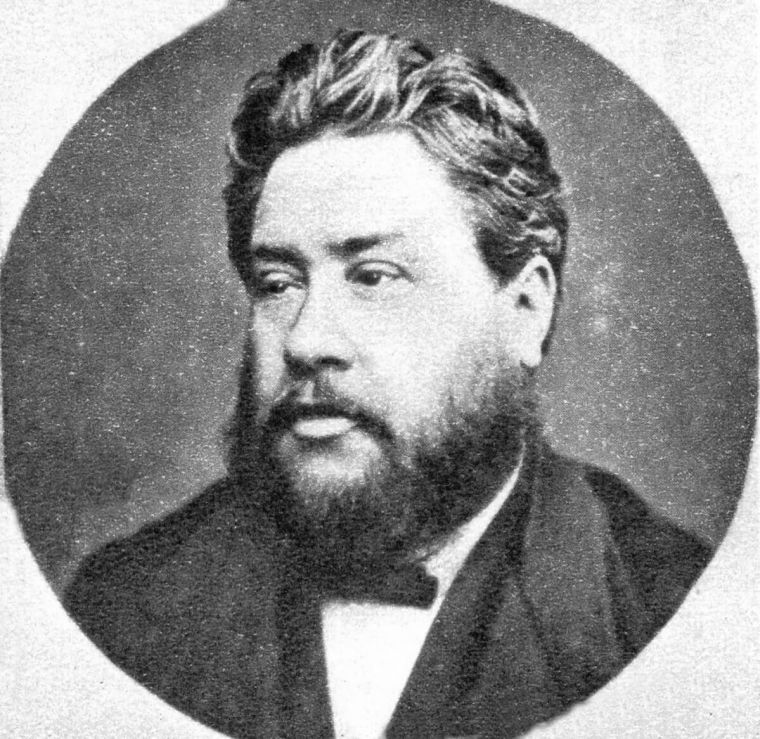How to preach better sermons: 6 tips from Charles Spurgeon
CH Spurgeon was known in his day as the 'Prince of Preachers'. He had great natural abilities – he was articulate and fluent, and he had a powerful and expressive voice. But he also worked at his craft and studied intensively to become better at it – not for the sake of winning the applause of his congregations, but because he wanted to be more effective in the service of Christ.

As well as striving to preach more effectively himself, though, Spurgeon wanted to pass on what he'd learned. He founded the Pastor's College which still exists as Spurgeon's College, and his Lectures To My Students are still worth reading today.
Here are six preaching tips from CH Spurgeon.
1. Make the opening memorable
'I prefer to make the introduction of my sermon very like that of the town-crier, who rings his bell and cries, "Oh, yes! Oh, yes! This is to give notice," merely to let people know that he has news for them, and wants them to listen. To do that, the introduction should have something striking in it. It is well to fire a startling shot as the signal gun to clear the decks for action.'
2. Study long so you can preach short
'Brevity is a virtue within the reach of all of us; do not let us lose the opportunity of gaining the credit which it brings. If you ask me how you may shorten your sermons, I should say, study them better. Spend more time in the study that you may need less in the pulpit. We are generally longest when we have least to say.'
3. Don't talk all the time
'Know how to pause. Make a point of interjecting arousing parentheses of quietude. Speech is silver, but silence is golden when hearers are inattentive. Keep on, on, on, on, on, with commonplace matter and monotonous tone, and you are rocking the cradle, and deeper slumbers will result; give the cradle a jerk, and sleep will flee.'
4. Get feedback
'Get a friend to tell you your faults, or better still, welcome an enemy who will watch you keenly and sting you savagely, What a blessing such an irritating critic will be to a wise man, what an intolerable nuisance to a fool! Correct yourself diligently and frequently, or you will fall into errors unawares, false tones will grow, and slovenly habits will form insensibly; therefore criticise yourself with unceasing care.'
5. Read deeply
A student will find that he is more affected by one book which he has truly mastered than by 20 books which he has merely skimmed, lapping at them, as the classic proverb puts it; "As the dogs drink of Nilus." Little learning and much pride come of hasty reading.'
6. Aim to convert
Do not close a single sermon without addressing the ungodly, but at the same time set yourself seasons for a determined and continuous assault upon them, and proceed with all your soul to the conflict. On such occasions aim distinctly at immediate conversions; labour to remove prejudices, to resolve doubts, to conquer objections, and to drive the sinner out of his hiding-places at once.











